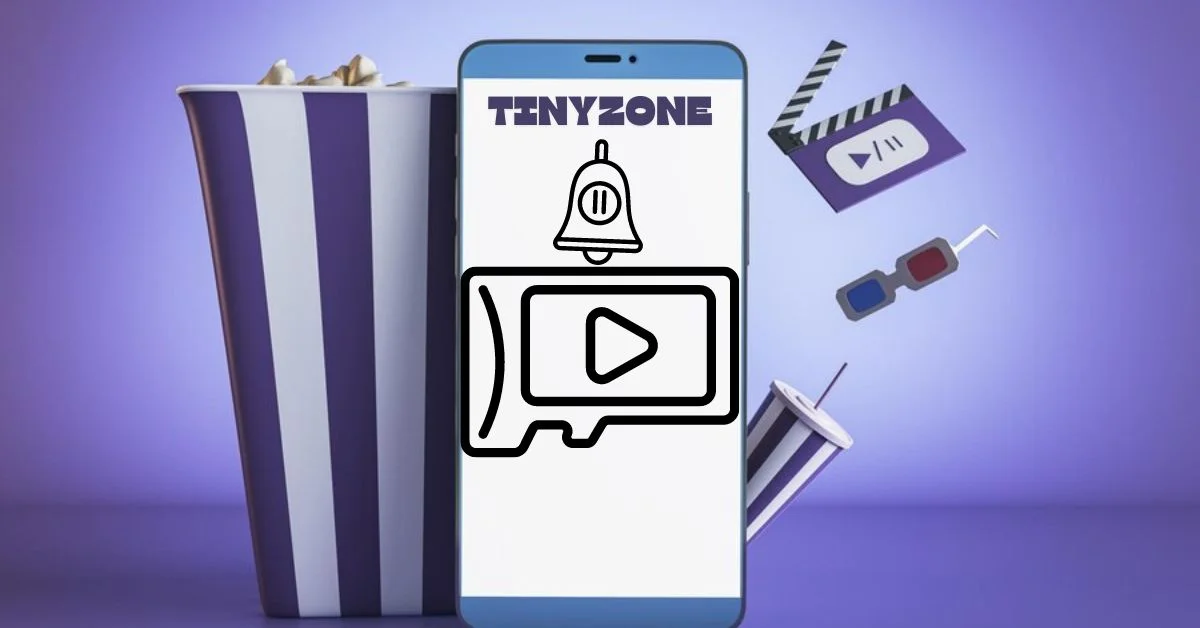Social media platforms have become an integral part of modern life, offering avenues for connection, expression, and entertainment. Yet, amidst the sea of status updates, selfies, and endless scrolling, a phenomenon quietly emerges – the social media app banality of life. This concept delves into the subtle yet profound ways these platforms shape our experiences, molding our perceptions, and influencing how we share our interconnected stories.
Understanding Social Media App Banality Of Life
In today’s digital age, social media apps have woven themselves into the fabric of our daily routines. From waking up to checking notifications to falling asleep while scrolling through timelines, these platforms have become omnipresent. The allure of staying connected, informed, and entertained drives millions to engage with these apps incessantly. However, beneath the surface lies a paradox – while we seek connection, we often find ourselves drowning in a sea of superficiality.
Psychological Effects of Social Media Banality
The constant barrage of curated content, filtered images, and carefully crafted narratives can take a toll on our mental well-being. Studies have shown a correlation between heavy social media usage and feelings of anxiety, depression, and low self-esteem. The endless comparison with others’ highlight reels can leave us feeling inadequate and perpetuate a sense of FOMO (fear of missing out).
Productivity and Time Management
One of the most significant drawbacks of social media app banality of life is its impact on productivity and time management. The addictive nature of these platforms often leads to mindless scrolling for hours on end, detracting from more meaningful pursuits. Finding a balance between staying connected and being productive is essential for reclaiming our time and focus.
Relationships in the Digital Age
The digital landscape has redefined how we form and maintain relationships. While social media facilitates connections across vast distances, it also presents challenges in fostering meaningful, authentic bonds. The temptation to compare our relationships with others’ highlight reels can breed insecurity and jealousy, undermining trust and intimacy.
Creativity and Authenticity
In a world where likes and follows reign supreme, the pressure to present a polished image can stifle creativity and authenticity. Social media app banality of life promotes conformity over originality, leading many to sacrifice their true selves for the sake of validation. Embracing imperfection and vulnerability is crucial for cultivating genuine connections and fostering creativity.
Community and Social Impact
Despite its drawbacks, social media also serves as a platform for building communities and driving social change. From grassroots movements to online support groups, these platforms have the power to unite people around shared interests and causes. However, issues of echo chambers and algorithmic bias must be addressed to ensure diverse perspectives are heard and valued.
Ethical Considerations
The rise of social media banality has raised ethical concerns surrounding privacy, data exploitation, and online manipulation. As users entrust vast amounts of personal data to these platforms, questions of consent, transparency, and accountability come to the forefront. It is imperative for social media companies to prioritize user privacy and uphold ethical standards in their practices.
Coping Mechanisms and Self-care
In navigating the complexities of social media app banality of life, prioritizing self-care and setting boundaries are paramount. Practicing digital detoxes, limiting screen time, and engaging in offline activities can help restore balance and perspective. Cultivating meaningful connections offline and nurturing hobbies outside the digital realm are essential for maintaining mental and emotional well-being.
Conclusion
The phenomenon of social media app banality of life underscores the need for mindful consumption and conscientious engagement. While these platforms offer unprecedented opportunities for connection and expression, they also pose challenges to our mental health, productivity, and authenticity. By cultivating awareness, setting boundaries, and prioritizing self-care, we can harness the benefits of social media while mitigating its detrimental effects.
Also Read: TikTok18+: A Mature Twist on Social Media
FAQs (Frequently Asked Questions)
Q: How does social media app banality of life affect mental health?
A: Excessive social media usage has been linked to feelings of anxiety, depression, and low self-esteem due to constant comparison with others.
Q: What are some strategies for managing social media usage?
A: Setting time limits, practicing digital detoxes, and prioritizing offline activities can help reduce the negative impact of social media banality.
Q: How can we foster authentic connections in the digital age?
A: By embracing vulnerability, sharing genuine experiences, and engaging in meaningful conversations, we can cultivate authentic relationships online.
Q: What role do social media companies play in addressing ethical concerns?
A: Social media companies have a responsibility to prioritize user privacy, transparency, and ethical practices in their policies and algorithms.
Q: Why is it important to prioritize self-care in the age of social media?
A: Prioritizing self-care helps mitigate the negative effects of social media banality on mental and emotional well-being, promoting balance and resilience.





